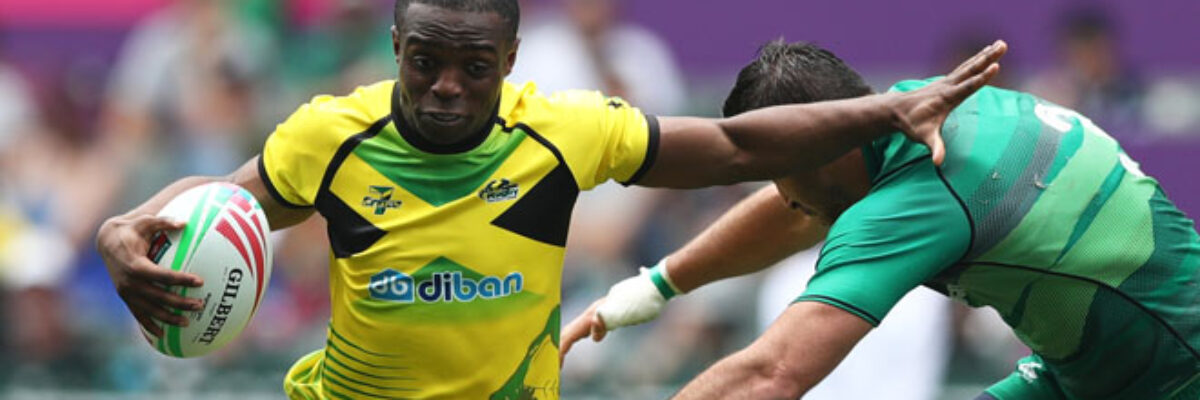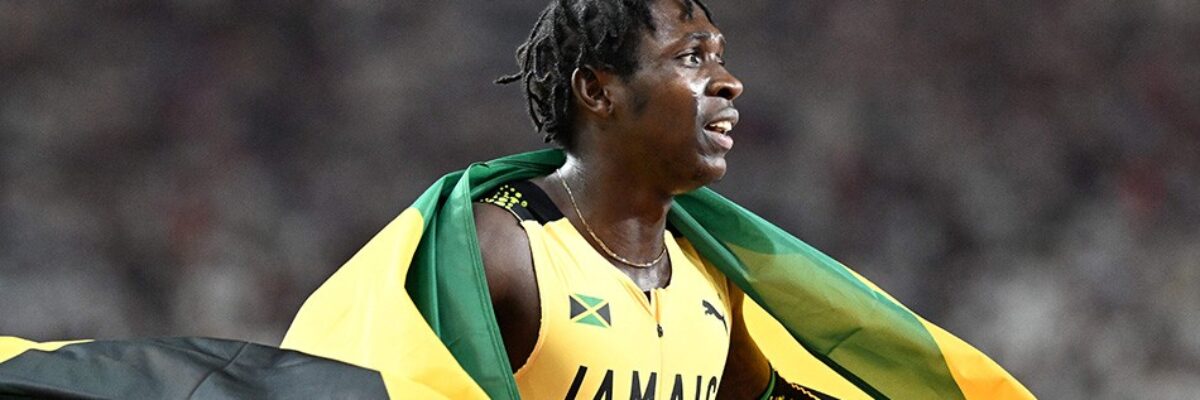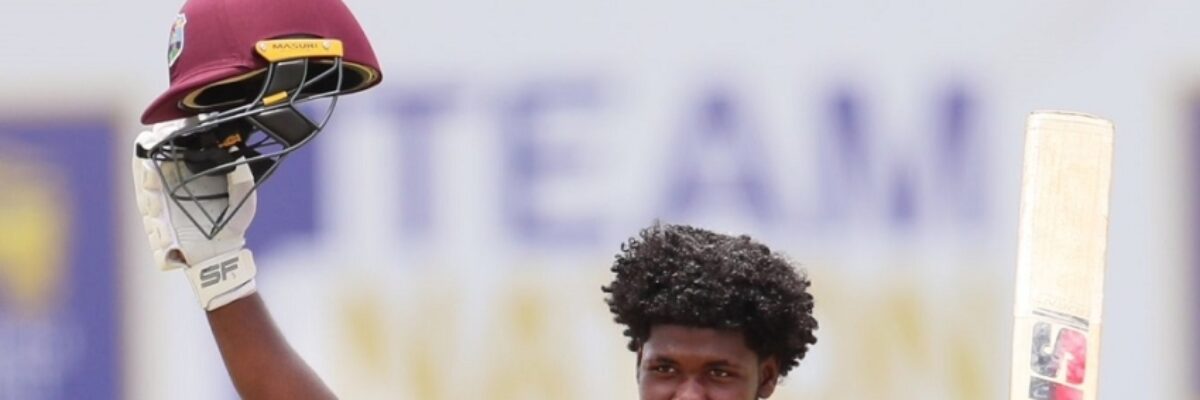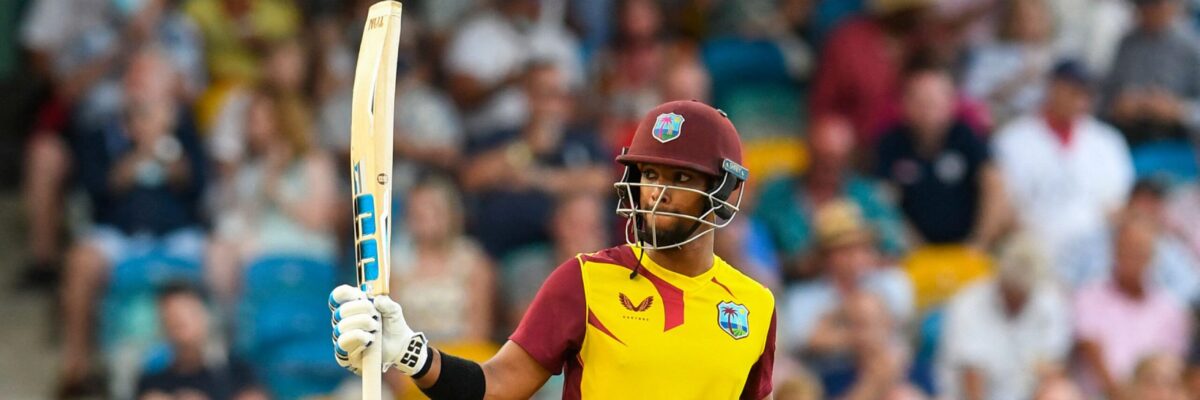There has been another modification to the Reggae Boys squad for the upcoming friendly international against Argentina on September 27.
This with defender Curtis Tilt of English Championship outfit Wigan Athletic being added to the squad who will face the Copa America champions at the Red Bull Arena in New Jersey.
Tilt who has represented Jamaica on 2 previous occasions comes in as replacement for the injured Joel Latibeaudiere of Swansea City and is the second addition to the team after captain Andre Blake.
The upcoming match will be new head coach Heimer Hallgrimsson’s first assignment in charge of the Reggae Boys after being unveiled last Friday.
The reggae boys are scheduled to assemble in New Jersey on September 24 for the game.










